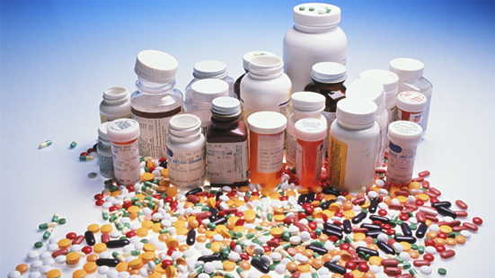 Drug company marketing to those attending medical school is common and can cloud students’ ethical judgment, researchers warn.A team led by Kirsten Austad and Aaron S. Kesselheim at Harvard Medical School in Boston analyzed published studies that included a total of 9,850 students at 76 medical schools in the United States. The investigators found that most of the students had some type of interaction with drug companies and that this contact increased during the clinical years, with up to 90 percent of clinical students receiving some form of marketing materials from drug makers.Among the students queried, most believed there was no ethical problem in accepting gifts from drug companies. Their justifications included financial hardship or pointing out that most other medical students accepted such gifts.Nearly two-thirds of the medical students claimed that drug company promotions, gifts or interactions with sales representatives did not affect their impartiality regarding drug makers and their products.
Drug company marketing to those attending medical school is common and can cloud students’ ethical judgment, researchers warn.A team led by Kirsten Austad and Aaron S. Kesselheim at Harvard Medical School in Boston analyzed published studies that included a total of 9,850 students at 76 medical schools in the United States. The investigators found that most of the students had some type of interaction with drug companies and that this contact increased during the clinical years, with up to 90 percent of clinical students receiving some form of marketing materials from drug makers.Among the students queried, most believed there was no ethical problem in accepting gifts from drug companies. Their justifications included financial hardship or pointing out that most other medical students accepted such gifts.Nearly two-thirds of the medical students claimed that drug company promotions, gifts or interactions with sales representatives did not affect their impartiality regarding drug makers and their products.
The study is published in the May 24 online edition of the journal PLoS Medicine.The study authors said their findings suggest that strategies to educate medical students about interactions with drug makers should directly address widely held misconceptions about the effects of marketing.In addition, medical schools need to introduce reforms, such as rules limiting contact between students and drug company representatives.”These changes can help move medical education a step closer to two important goals: the cultivation of strong professional values, as well as the promotion of a respect for scientific principles and critical review of evidence that will later inform clinical decision-making and prescribing practices,” the researchers concluded. – MSN











